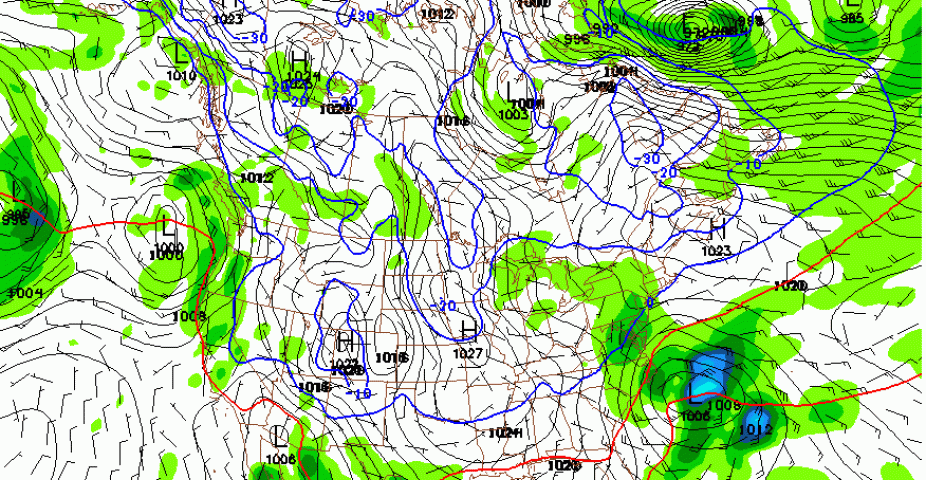Gridpoint Statistical Interpolation (GSI)

The community GSI system is a variational data assimilation system, designed to be flexible, state-of-art, and run efficiently on various parallel computing platforms. The GSI system is in the public domain and is freely available for community use.
The Developmental Testbed Center (DTC) currently maintains and supports a community version of the GSI system (now at Version 3.3). The testing and support of this GSI system at the DTC currently focus on regional numerical weather prediction (NWP) applications coupled with the Weather Research and Forecasting (WRF) Model , but the GSI can be applied to Global Forecast System(GFS) as well as other modelling systems.
The GSI version 3.3 GSI is an operational data assimilation system available for community use. Some of these GSI advanced features is listed as follows:
- Combined with an ensemble system, this version of GSI can be used as an ensemble-variational hybrid data assimilation system. One of an operational examples of such a capability is current NCEP's global data assimilation system (GDAS), implemented in Spring, 2012.
- Coupled with forecast models and their adjoint models, GSI can be turned into a four-dimensional variational (4D-Var) system.
- GSI features capabilities for observation sensitivity calculation. Coupled with its global model, this feature has been used by NASA for its operational data impact study.
- The observation operators in GSI can be used in an EnKF system or other data analysis systems, transforming model variables to observed variables at the observational space.
for a complete list of the new functions and changes included in each release version, as well as the observation data can be used in GSI, please check these links: version 3.3 ; version 3.2 ; version 3.1 .
Code management and community support for GSI and EnKF
The JNTP is currently supporting the Gridpoint Statistical Interpolation (GSI) system (variational and Ensemble-Variational (EnVar)) and the Ensemble Kalman Filter (EnKF) data assimilation system (ensemble based). Both are operational data assimilation systems used by multiple applications at NOAA, NASA, AF and other facilities and agencies (e.g., HWRF, GFS, RAP, NEMS, etc).
This project started in 2009 with a joint effort between the JNTP (under the auspices of the Developmental Testbed Center) and NCEP/EMC to expand the operational GSI data assimilation system to the research community, with the sponsorship of NOAA, AF and NCAR (supported by National Science Foundation (NSF)). This effort was expanded to the operational EnKF system in 2014. The objectives of this effort are to provide operational data assimilation capabilities to the research community, open the pathway for the research community to contribute directly to daily operations, and, eventually, accelerate transitions from research to operations, which is in line with the mission of the sponsors and the DTC.
This effort has produced a code management framework to unify the distributed development and operational applications for GSI starting from 2010 and, additionally, EnKF starting from 2015. A joint data assimilation scientific steering and code review committee was formed, including major development teams for both systems across the United States. The GSI and EnKF systems and their supplemental libraries and auxiliary files are managed in the Community Data Assimilation Repository under version control (using Subversion). Targeted code tests are organized to maintain code robustness and integrity. General community support is provided through annual code releases, documentation, tutorials, a helpdesk, and assistance with code transitions and tests. Community researchers and users are encouraged to collaborate with the DTC and/or the JNTP to further advance GSI and associated data assimilation techniques, following the same code management procedures as internal developers. The User’s Page for GSI and EnKF can be found at the following links: